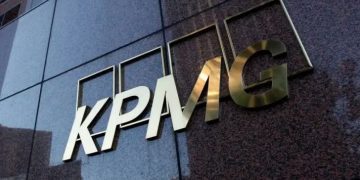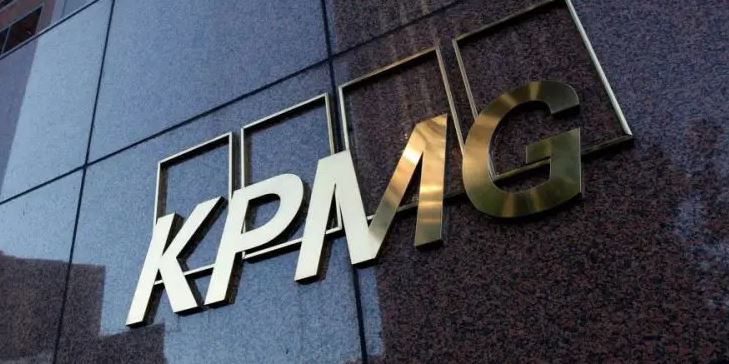By Emmanuel Nduka
KPMG has blamed the dwindling confidence in Nigeria’s economy to the mass exit of major companies that had operated in Nigeria for years.
Almong many other factors, the firm listed the exit of multinational companies like GlaxoSmithKline and Procter & Gambles (P&G) from the country, as factors responsible for the dwindling confidence of investors in Nigeria’s economy.
The globally renowned audit, tax and advisory services stated this in its “flashnotes” on the recent capital importation report by the National Bureau of Statistics (NBS), which it tagged, “Light Not Yet at the End of the Tunnel for Foreign Capital?”
KPMG attributed the drop in capital importation to Nigeria in Q3, 2023, after an initial rise in Q2, 2023, to continuing negative market sentiments on the country, despite initial reforms being viewed positively.
Macroeconomic instability, negative interest rate environment, wide FX gap with low and declining forex reserves, were also partly responsible for the diminishing confidence in the Nigerian economy, the firm said.
It listed others as the need for greater clarity with respect to monetary and fiscal direction, adding that the exiting companies had now discontinued on-ground operations and adopted import and distributor-led business models.
According to the firm, the recent reclassifications of Nigeria from frontier markets to standalone and lower markets by two external investment bodies, FTSE Russell and MSCI, respectively, have also dampened external sentiments.
Heavy Investment To Close Infrastructure Gap
KPMG further stated that Nigeria would require to invest at least $14.2 billion annually, for the next 10 years, to close the country’s huge infrastructure gap, which is currently estimated at 40 per cent of Gross Domestic Product (GDP).
“Nigeria’s huge infrastructure gap estimated at 40 per cent of GDP requires a sustained expenditure of $14.2 billion annually or 12 per cent of its annual GDP consistently over the next 10 years,” KPMG added in the note.
Further explanations were given that the fact that trade credit, loans and related forms of capital inflows now overly dominated capital importation was a concern, given their short-term nature.
READ ALSO: Donald Trump Trails Joe Biden By $75m In Fundraising As Donor Base Declines
The report added that portfolio investment, which includes investments in financial assets, such as stocks, bonds, and other securities, had also been on the decline since Q1 , 2023, from $649.28 million to $87.11 million in Q3 2023, exposing the economy to risks of foreign exchange illiquidity and currency depreciation.
According to the firm, it is also mounting pressure on consumer price inflation, reducing purchasing power, resulting in slower economic growth of 3.75 per cent target for 2024, lower job creation, especially from persistent reduction in Foreign Direct Investment (FDI) and overall macroeconomic instability.
Portfolio investments, which had been the largest contributor to capital importation for the past six years with an average contribution of 62.18 per cent annually, accounted for 13.31 per cent of capital importation in Q3, 2023 and 29.93 per cent in 2023.




































